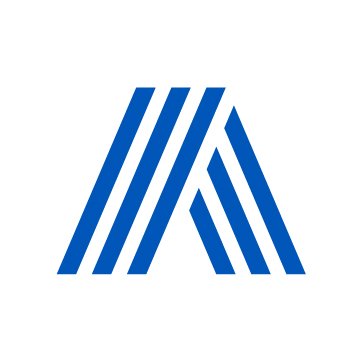How to Source Manufacturing Materials Amid Supply Chain Challenges
At Alard Engineering, our team primarily works with aluminum, but we also machine materials such as brass, stainless steel, nickel, and titanium.
Unfortunately, many of these metals remain difficult to source due to supply chain challenges that have plagued the manufacturing industry over the past few years.
Here’s how Alard is working to secure the materials our customers need for CNC machining services and what customers can do to take matters into their own hands.
The Current State of Material Pricing and Availability
Material prices and availability have been volatile since the beginning of the pandemic. Many customers don’t fully understand this complex environment because they’re so far removed from the supply chain. Understandably, they express concern over rising project costs.
For example, a customer may find that the cost of manufacturing a specific part is much higher than what they paid to manufacture a similar part in the past. When they receive a higher quote than anticipated, they’ll do one of two things: 1) question why the price has risen or 2) take their project elsewhere.
Aluminum Sourcing Challenges
Navigating material sourcing is more complicated than it appears. Let’s examine aluminum as an example.
At Alard, we’ve noticed more orders requiring us to source domestic aluminum only, even though we can get this material from almost anywhere because it’s not DFARS regulated.
This mandate presents challenges if you want your parts manufactured quickly and cost-effectively. Domestic mills trying to catch up from COVID-19 setbacks have limited capacity and huge backlogs. With low supply and high demand, prices are high, and lead times are long.
Aluminum sourced from overseas is often cheaper, but the cost of freight is so high that the overall price ends up about equal to domestically sourced aluminum. However, even though you won’t save money with internationally sourced aluminum, we can get it delivered much faster so that we don’t have to delay CNC machining services.
Our team is constantly assessing these nuances and attempting to communicate our recommendations to customers as best as possible.
How Alard Is Approaching Material Sourcing
Material pricing involves many factors. It starts with looking at LME (London Metal Exchange) pricing on a futures basis, then adding mill costs. Next, the metal service center has a markup, and finally, we tack on our charge. Our quotes are usually good for 30 days, but many machine shops shortened that period last year because of price volatility. Understandably, customers are upset when final costs are higher than quoted.
There’s little transparency in metal prices, and with an opaque market, suppliers have the power. However, Alard is working to avoid unwelcome surprises by analyzing futures pricing and vendor surcharges. By using this process when we get an order for our CNC machining services, we can better understand whether a market disparity exists, which vendors are charging more than others, and which vendors have longer lead times than others.
With greater visibility into material pricing and availability, we can make smarter buying decisions for our customers. It’s a strategic initiative that will only get more valuable as time passes and more data becomes available to analyze.
What Customers Can Do to Better Manage Material Pricing
Customers can also take steps to secure the best material pricing, such as being open to an LTA (long-term agreement) or supplying a forecast for their needs. When both parties look ahead together, it puts us in a better position to get the materials for your parts.
For example, instead of buying one 12’ bar of metal, we can order two 12’ bars at a lower cost, machine all the material, and spread out fixed costs. This strategy ensures you get the parts you need by your deadline while saving time and money.
If you’re interested in our approach to material sourcing and our world-class defense and aerospace machining services, request a quote today.


